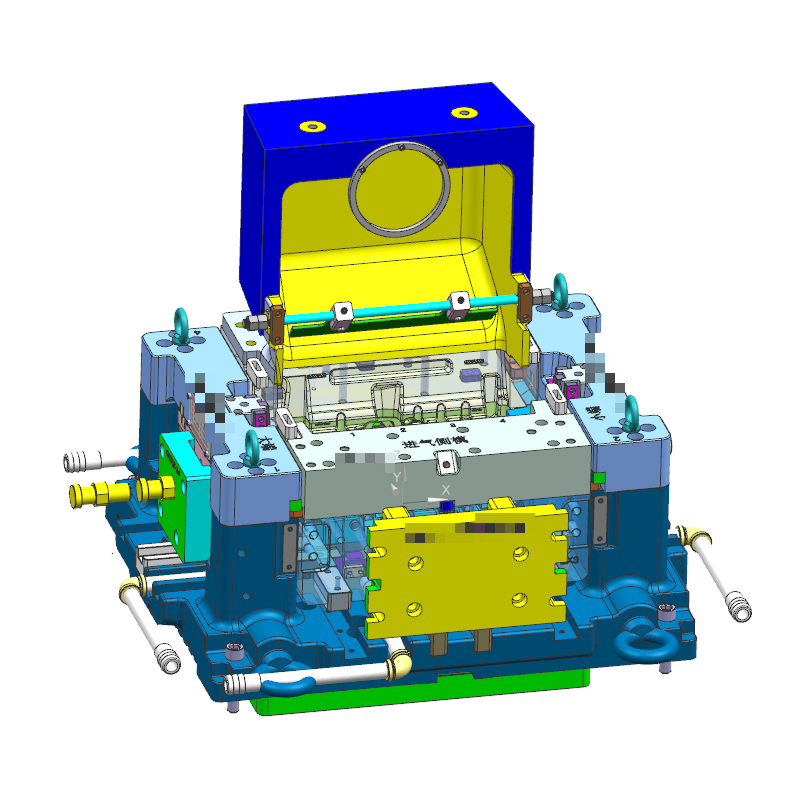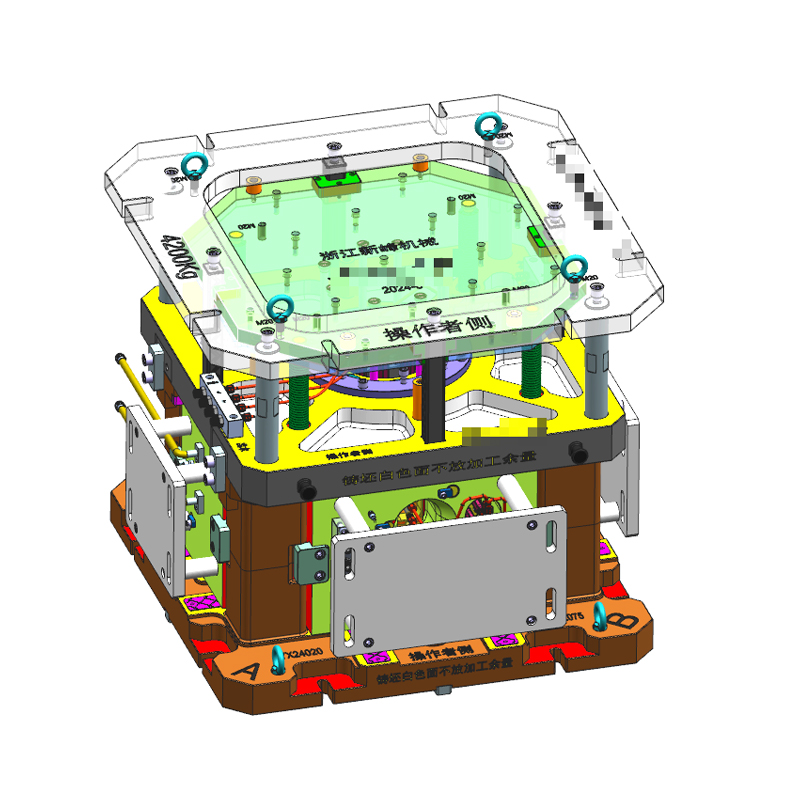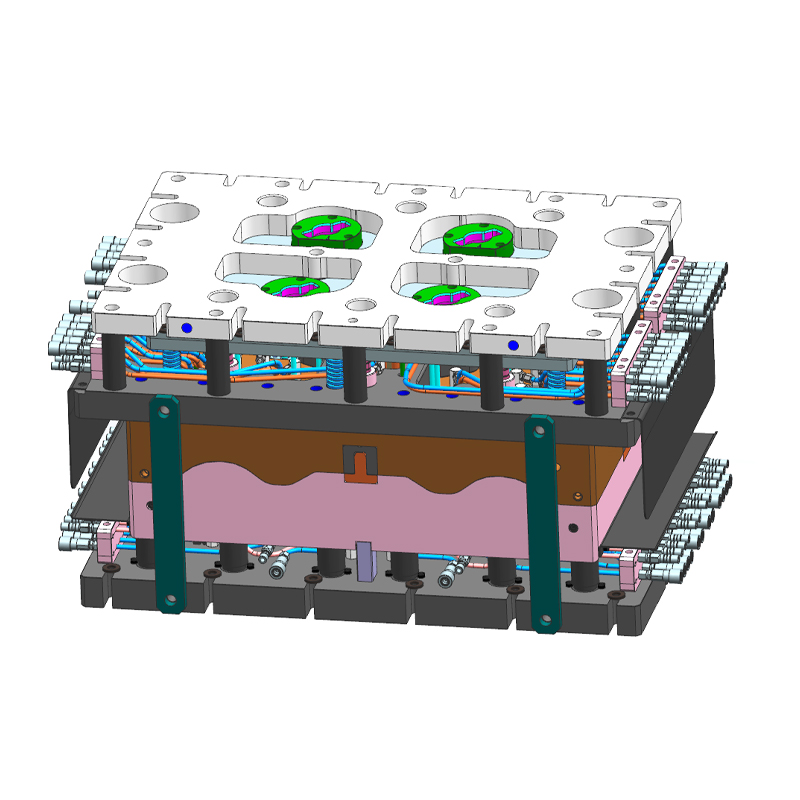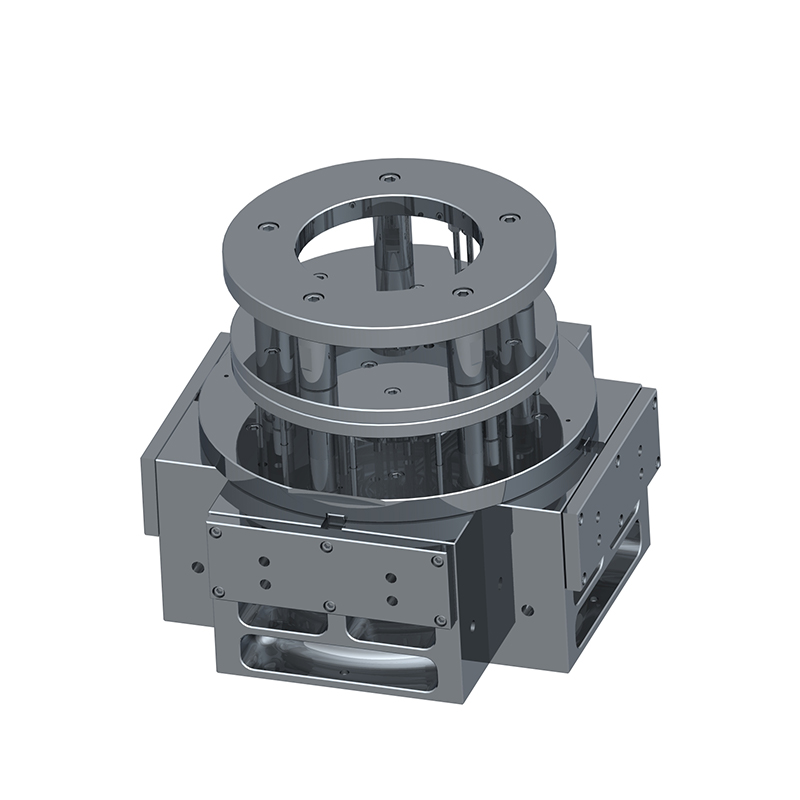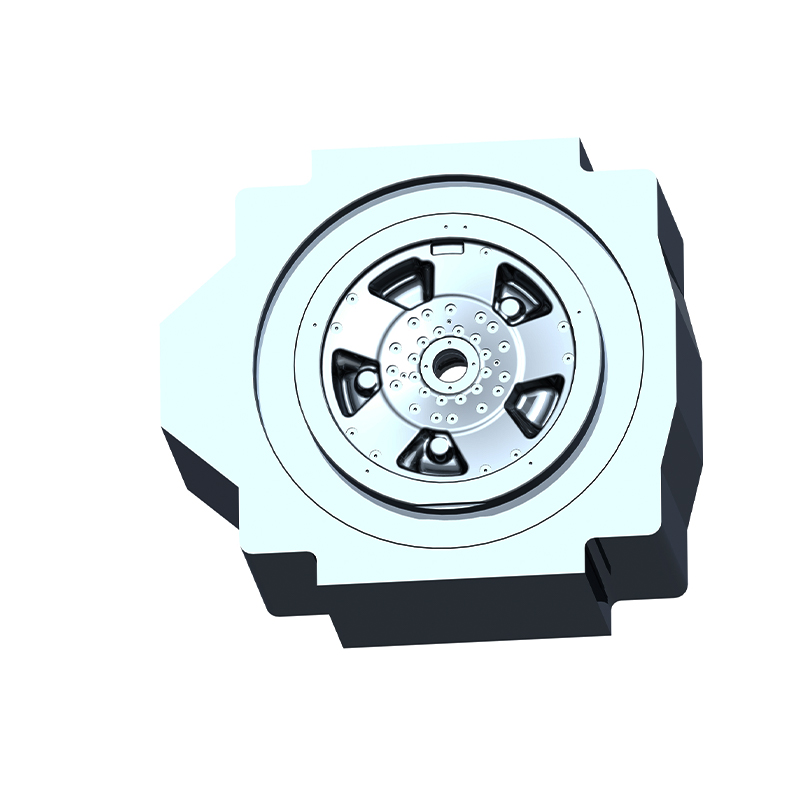We offer molds for diverse industries, including automotive, military, and construction, enabling global competitiveness through innovation and expertise.
What Are the Environmental Considerations in the Production of Structural Parts Casting Molds?
The production of structural parts casting molds involves various environmental considerations that need to be addressed to reduce the ecological impact of the manufacturing process. These factors are becoming increasingly important as industries seek more sustainable practices and comply with stricter environmental regulations. One of the primary areas to consider is the selection of materials used in the molding process. Traditional casting molds often rely on synthetic materials or binders that can release harmful chemicals into the environment. Opting for eco-friendly materials such as recyclable or biodegradable substances can significantly reduce the impact on the environment. For example, using natural materials like sand or clay instead of synthetic alternatives in the casting process can make a big difference in terms of sustainability.
Another significant concern is energy consumption. The casting process typically requires the application of high temperatures, which can consume a large amount of energy. To mitigate the environmental impact, manufacturers are increasingly focusing on energy-efficient methods. This includes using energy-efficient furnaces, induction heating, and exploring alternative energy sources, such as solar or wind power. Implementing these technologies not only helps to lower greenhouse gas emissions but also reduces the overall operational cost of the casting process. Furthermore, optimizing mold design plays an essential role in energy consumption. Molds that are designed to require less energy for heating and cooling contribute to energy savings and a reduction in the carbon footprint of the production process.
Waste generation is another critical factor in the environmental considerations for structural parts casting molds. The process of casting often generates substantial waste, including scrap metal, used sand, and other materials. However, many of these waste products can be recycled or reused, minimizing the amount that ends up in landfills. One of the most common ways to reduce waste is by recycling mold materials, particularly in processes like sand casting. Sand can be reused multiple times, which reduces the need for new raw materials and limits the environmental impact. Ensuring that scrap metal and other by-products are properly recycled can significantly reduce the environmental footprint of casting operations. Optimizing the mold design itself is another effective way to minimize waste, as reducing excess material that would otherwise be discarded can cut down on material consumption.
Emissions and air quality are also major concerns in the production of casting molds. Traditional casting processes can produce harmful fumes, gases, and particulate matter that contribute to air pollution. Reducing these emissions is essential for protecting both the environment and the health of workers. This can be achieved by implementing cleaner technologies, such as better ventilation systems that capture harmful fumes, and ensuring that emissions are filtered before being released into the atmosphere. Dust from materials like sand and metal particles can become airborne during the molding process. Implementing effective dust collection systems can help prevent the spread of these harmful particles and improve the working environment.
Water use is another environmental consideration that must be addressed in the casting mold production process. Casting often requires water for cooling and cleaning purposes, which can lead to high levels of water consumption. By implementing water recycling systems, manufacturers can significantly reduce water usage and limit waste. Recycling water not only conserves this precious resource but also reduces the burden on local water supplies. The water used in casting processes may become contaminated with chemicals or particles from the materials used in the molds. Ensuring that wastewater is properly treated and filtered before being released into the environment is essential for preventing water pollution.
Sustainable manufacturing practices are becoming increasingly prevalent in the casting industry, and manufacturers are encouraged to adopt green certifications and standards, such as ISO 14001, which focus on sustainable practices in manufacturing. These certifications demonstrate a commitment to reducing environmental impact through the implementation of environmentally friendly processes. By adhering to these standards, companies can improve their reputation, attract environmentally conscious customers, and comply with international regulations. In addition to improving energy efficiency and reducing waste, some companies are exploring ways to reduce their overall carbon footprint through various strategies, such as switching to electric-powered equipment and optimizing transportation logistics.

 English
English 中文简体
中文简体